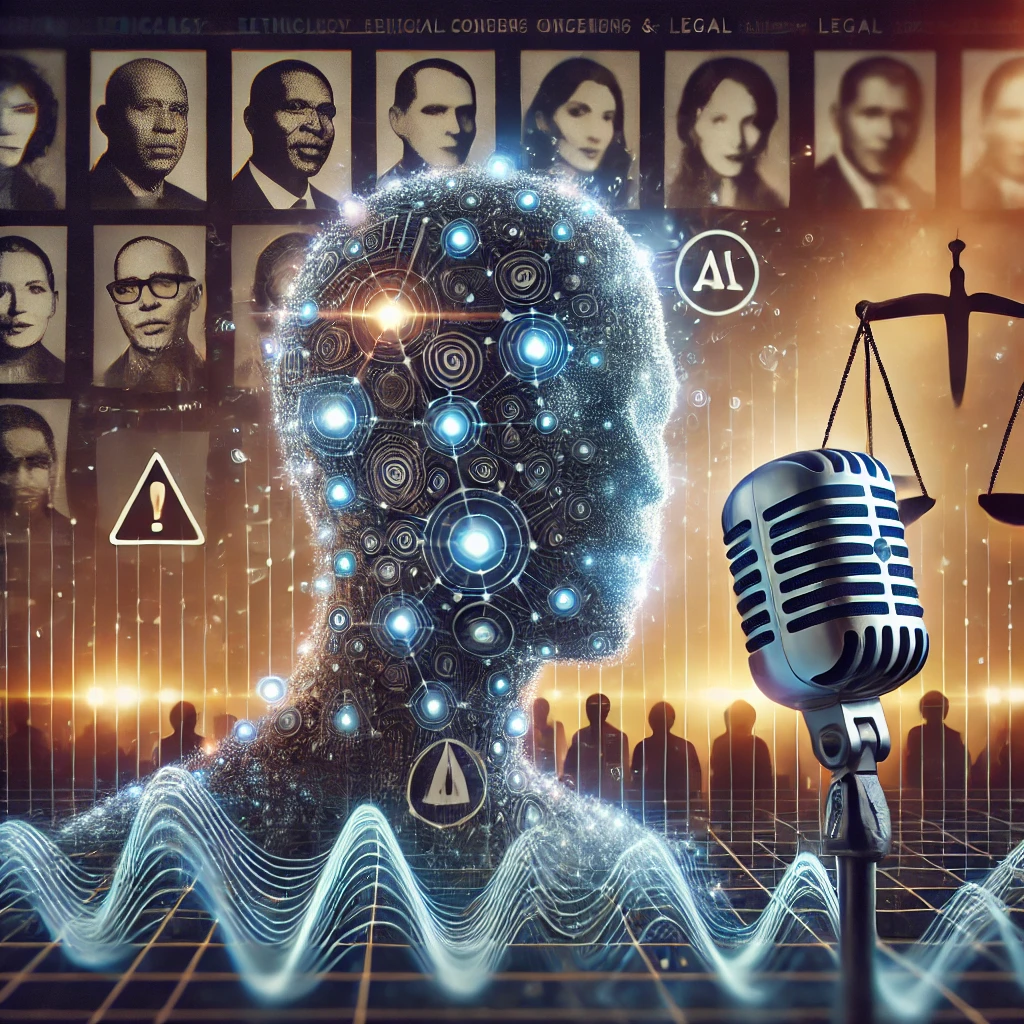Voice cloning technology, powered by artificial intelligence, is rapidly outpacing legal and ethical frameworks, leaving celebrities increasingly vulnerable to misuse of their identities. High-profile figures like Jennifer Aniston, Oprah Winfrey, Kylie Jenner, and David Attenborough have all become unwilling participants in this new frontier of digital fraud.
The Rising Threat
Fraudsters are using AI to replicate the distinct voices of public figures, often for nefarious purposes such as spreading misinformation, promoting scams, or delivering partisan messages. For example, British TV financial adviser Martin Lewis has had his voice cloned to endorse fake financial schemes, while Sir David Attenborough expressed deep concern over his cloned voice being used for politically charged statements in the U.S.
Ethical and Legal Gaps
Despite its potential for creative and commercial applications, voice cloning technology has sparked alarm over privacy violations and reputational harm. Current laws are struggling to keep up, with few mechanisms in place to protect individuals from unauthorized use of their voices. This lag in regulation allows fraudsters to exploit the technology with relative impunity.
Call for Action
Experts are urging policymakers to prioritize legislation that addresses the misuse of AI-driven voice cloning. Proposals include requiring explicit consent for voice replication, implementing stricter penalties for offenders, and creating tools to help individuals detect and combat unauthorized voice cloning.
The Broader Implications
The rise of AI cloning technology reflects a larger debate about the ethical use of AI in society. While innovation continues to push boundaries, the need for responsible governance and respect for individual rights becomes ever more pressing.


